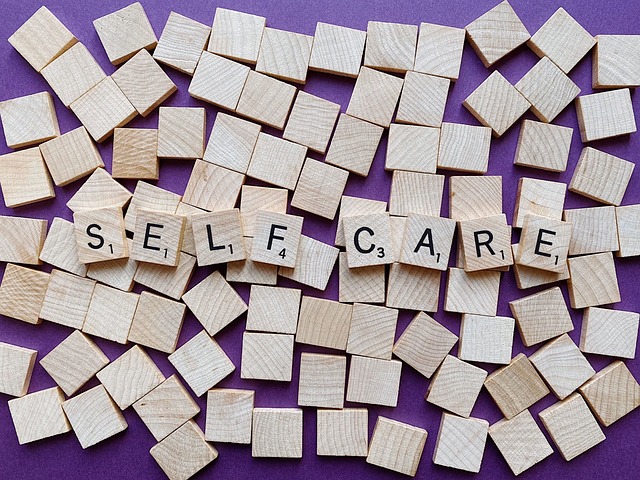We all strive to be healthy and well, but it’s not always easy to know how to get there. Health and wellness is about more than just physical health; it’s also about the emotional, social, environmental, and spiritual aspects of a person’s life. Therefore, in order to achieve optimal health and wellness, you’ll need to consider each one of these areas.
 First, physical health is essential for health and wellness. Exercise is a key component for achieving physical health, as it can help reduce the risk of disease, strengthen muscles and bones, and promote a healthy weight. Additionally, eating right is also important for physical health; consuming a balanced diet that includes plenty of fruits, vegetables, and lean proteins will help you stay energized and keep your body strong.
First, physical health is essential for health and wellness. Exercise is a key component for achieving physical health, as it can help reduce the risk of disease, strengthen muscles and bones, and promote a healthy weight. Additionally, eating right is also important for physical health; consuming a balanced diet that includes plenty of fruits, vegetables, and lean proteins will help you stay energized and keep your body strong.
 Second, emotional health is also critical for achieving optimal health and wellness. This means addressing and managing emotions such as stress, anger, and sadness in healthy ways. Take a few moments each day to check in with yourself, practice relaxation techniques such as deep breathing and meditation, and get help from a professional when needed.
Second, emotional health is also critical for achieving optimal health and wellness. This means addressing and managing emotions such as stress, anger, and sadness in healthy ways. Take a few moments each day to check in with yourself, practice relaxation techniques such as deep breathing and meditation, and get help from a professional when needed.
Third, social health is just as important for achieving optimal health and wellness. This means building and maintaining meaningful relationships that bring support, joy, and hope. Connect with those who understand you and can offer a listening ear. Additionally, be assertive when communicating with others, and strive to create and foster trusting relationship.
Fourth, environmental health is essential for health and wellness. This means making sure that the environment you are in is healthy, both physically and emotionally. Try to limit exposure to unhealthy things such as air pollution, contaminated water, or toxic chemicals. Additionally, create an environment where you feel safe and supported.
Finally, spiritual health is important for overall health and wellness. This means engaging with activities and things that bring a sense of connection and meaning. Taking a walk in nature, creating art, or going to a yoga class can all be helpful. Bringing activities such as these into your life can help bring balance and fulfillment.
The key to achieving optimal health and wellness is understanding that it’s not just about physical health; it’s also about the emotional, social, environmental, and spiritual aspects of a person’s life. By embracing each of these areas, you can make positive changes to your physical and mental wellbeing. Investing in your health and wellness today will pay off for years to come.









